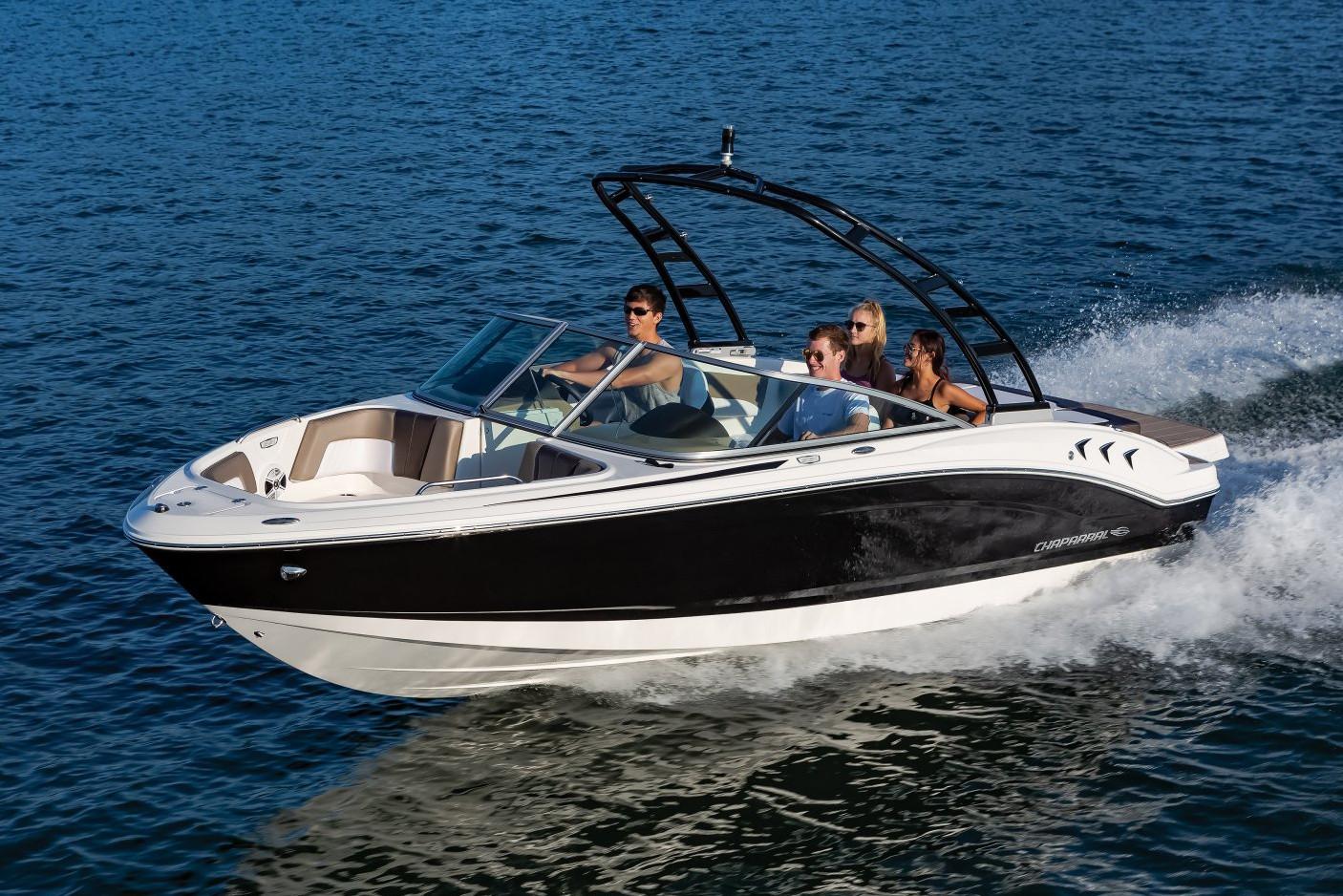
Summer is almost here! The temperatures are starting to warm up, the water is looking better and better every day, and so is your boat! Before you take your boat out on the water, be sure to complete the task of de-winterization.
- Check engine and fluid levels.
To keep your boat running smoothly, remember to check engine and fluid levels. This includes engine oil, oil filters, power steering, coolant, and transmission fluid. If you didn’t change your engine oil, oil filter, and drive lubricants before winter, you can do this now. For everything else, check for any leaks and repair the source first. Once this is addressed, refill the fluids. - Inspect your battery.
If your vessel has been idle for a long period of time, it’s likely the battery is dead and will need to be recharged. Additionally, the water in the battery can freeze in the winter. When this happens, the water can expand and cause cracks in the battery creating irreversible damage. If there are no issues here, ensure that your battery is filled with the proper amount of water. Be certain to use distilled water and not tap water, which can diminish performance. Next, check for any corrosion and clean the battery with a mix of baking soda/distilled water. If you discover your battery is damaged beyond repair, replace it. - Examine the boat’s exterior.
When checking the exterior of your seagoing machine, look closely for any cracks and holes. Check all around the hull and underneath it. If you notice any damage, repair them immediately. Always remember: “boats don’t sink because of water around them, boats sink because of water that gets into them.” - Check the belts.
Lack of use during winter can cause belts to crack and break. This happens because of the stress and tension placed on the belts. If any belts are cracked, replace them. You will also need to replace your belt if it’s loose or if you notice black soot around the pulley. - Examine fuel lines.
The cold winter weather can cause damage to your watercraft’s fuel line. Damage to your fuel line can stop fuel from reaching the engine, and your boat won’t run. Be sure to check this when you pull your watercraft out in the spring. Pay close attention to your fuel hoses and replace them if you see any leaks. Replace any section of your fuel system that show any leaks, cracks, or structural damage. - Inspect the sails (if applicable).
Winter weather can cause considerable damage to your sails. Take note of the shape of your sails. If your sails don’t maintain proper form, you could have issues when boating in strong wind. Lookout for wear, chafing, and other structural damage. Inspect your bolt rope and replace it if it is fraying or weak. If your sails are damaged, replace them.
Properly de-winterizing your boat is crucial to your safety out on the water.
Please be sure to follow the manufacture’s recommendation for any other maintenance requirements not mentioned above.
Looking for boat insurance? Get a quote today by calling 614-295-8816
